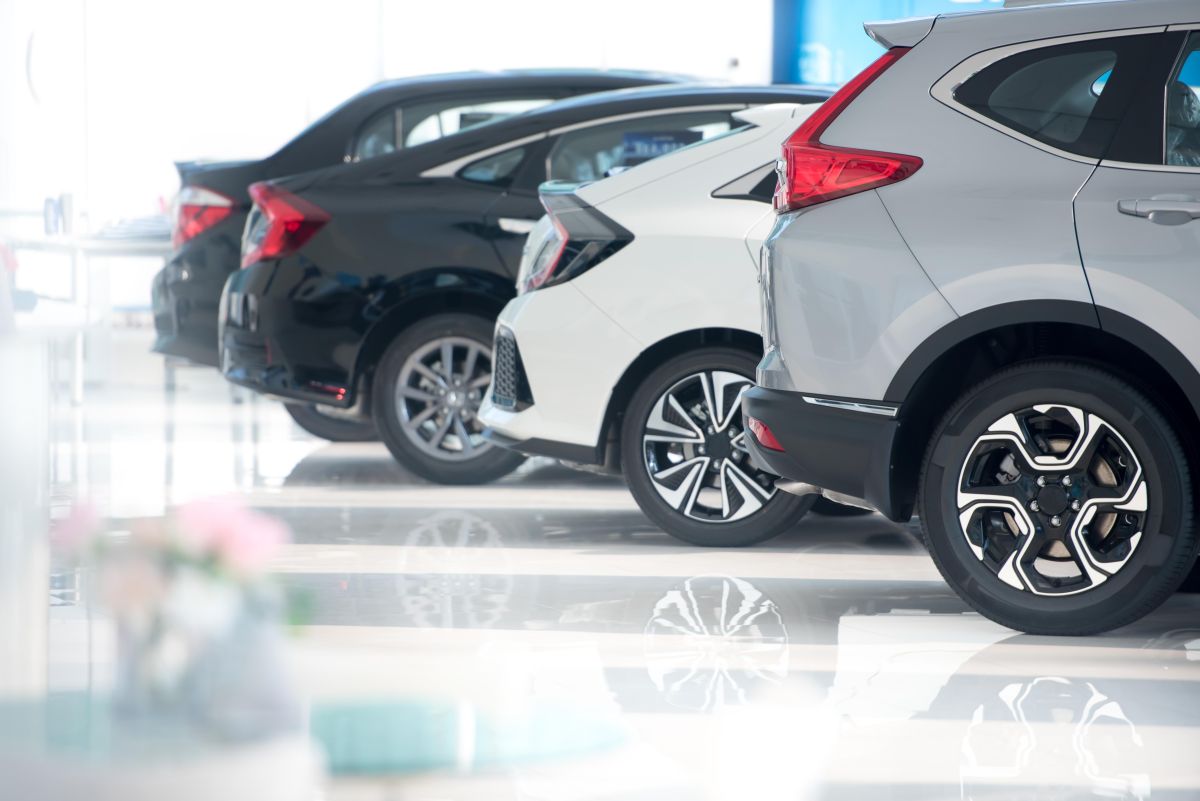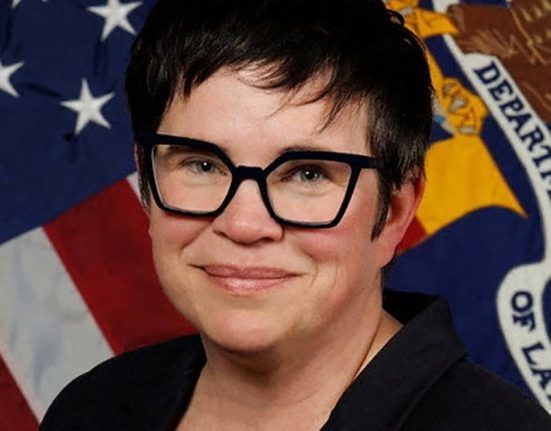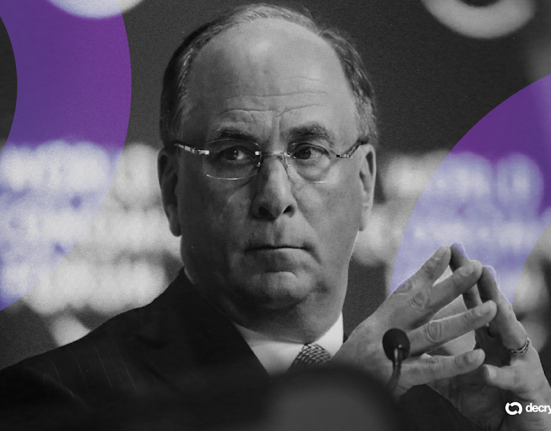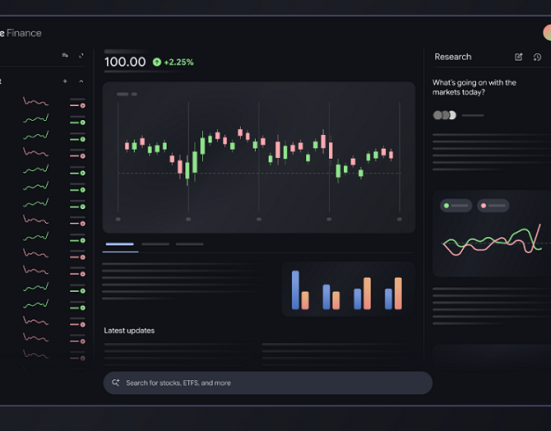New-car financing trends hit fresh record highs in Q2 2025, as shoppers stretched their budgets to manage ongoing affordability challenges, according to analysis from Edmunds.
$1,000+ monthly payments are reaching new highs: The share of new-car buyers committing to monthly payments of $1,000 or more hit an all-time high of 19.3% in Q2 2025, compared to 17.7% in Q1 2025 and 17.8% in Q2 2024.
More buyers are opting for extended loan terms than ever before: Edmunds analysts said 84-month+ loans set a new record in Q2 2025, accounting for 22.4% of new-vehicle financing — up from 20.4% in Q1 2025 and 17.6% a year ago.
Bigger loans are becoming the new normal: The average amount financed for new-vehicles climbed to $42,388 in Q2 2025, an all-time high, up from $41,473 in Q1 2025 and $40,873 in Q2 2024.
Shoppers are putting less money down: The average down payment for new-car purchases was $6,433 in Q2 2025, down from $6,511 in Q1 2025 and $6,579 in Q2 2024.
0% finance deals sink below 1% for the first time ever: In Q2 2025, 0% finance deals accounted for 0.9% of new-vehicle loans — the lowest share Edmunds has on record since 2004 and down from 1% in Q1 2025 and 2.9% in Q2 2024.
Interest rates remain historically high: The average new-vehicle annual percentage rate (APR) in Q2 2025 was 7.2%, compared to 7.1% in Q1 2025 and 7.3% in Q2 2024.
“It would be easy to assume that tariffs are already reshaping the market, but the reality is that the record-breaking trends we saw in the second quarter are reflective of more consumers opting for maxed-out term lengths despite vehicle prices remaining steady,” said Ivan Drury, Edmunds’ director of insights.
“It’s clear that buyers are pulling the few levers they can control to manage affordability, whether that’s by taking on longer loans, financing more or putting less money down — even if some of those decisions increase their total costs,” Drury added. “Consumers are continuously stretching to afford new vehicles in this market, and while tariffs haven’t directly driven these Q2 numbers, they’re certainly not going to make things any easier for shoppers moving forward.”
Underwater Car Loans Also Rising
In a separate report, Edmunds said a growing share of car owners are finding themselves underwater on their auto loans.
Q2 2025 data from Edmunds shows:
More than one in four new vehicle trade-ins are underwater, a four-year high. 26.6% of trade-ins toward new-car purchases had negative equity, up from 26.1% in Q1 2025 and 23.9% in Q2 2024. This is the highest share Edmunds has on record since Q1 2021, when 31.9% of new-car trade-ins were upside down.
Many Americans with upside-down car loans are thousands in the red. The average amount owed on upside-down loans was $6,754, down slightly from Q1 2025’s $6,880 but up from Q2 2024’s $6,255.
A growing share of underwater car owners are dragging major debt into their next vehicle purchase.
32.6% of underwater trade-ins had between $5,000 and $10,000 in negative equity, compared to 31.9% in Q1 2025 and 30.2% in Q2 2024.
23.4% owed more than $10,000, compared to 24.5% in Q1 2025 and 20.7% in Q2 2024.
7.7% owed more than $15,000, compared to 8.4% in Q1 2025 and 6.8% in Q2 2024.
“Consumers being underwater on their car loans isn’t a new trend, but the stakes are higher than ever in today’s financial landscape,” said Drury. “Affordability pressures, from elevated vehicle prices to higher interest rates, are compounding the negative effects of decisions like trading in too early or rolling debt into a new loan, even if those choices may have felt manageable in years past.”







